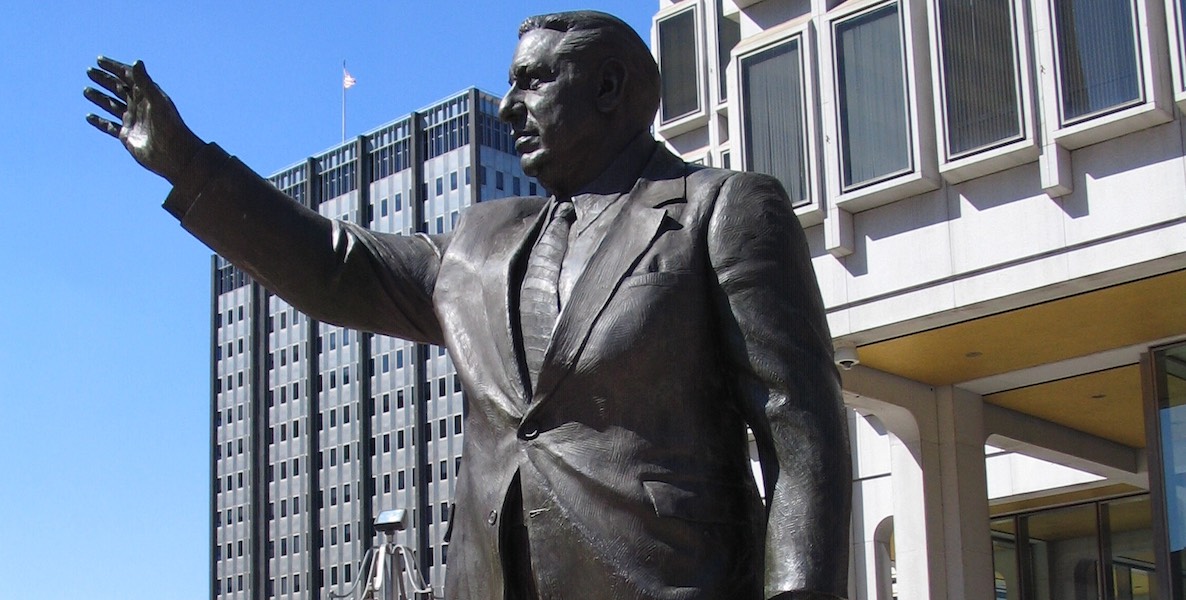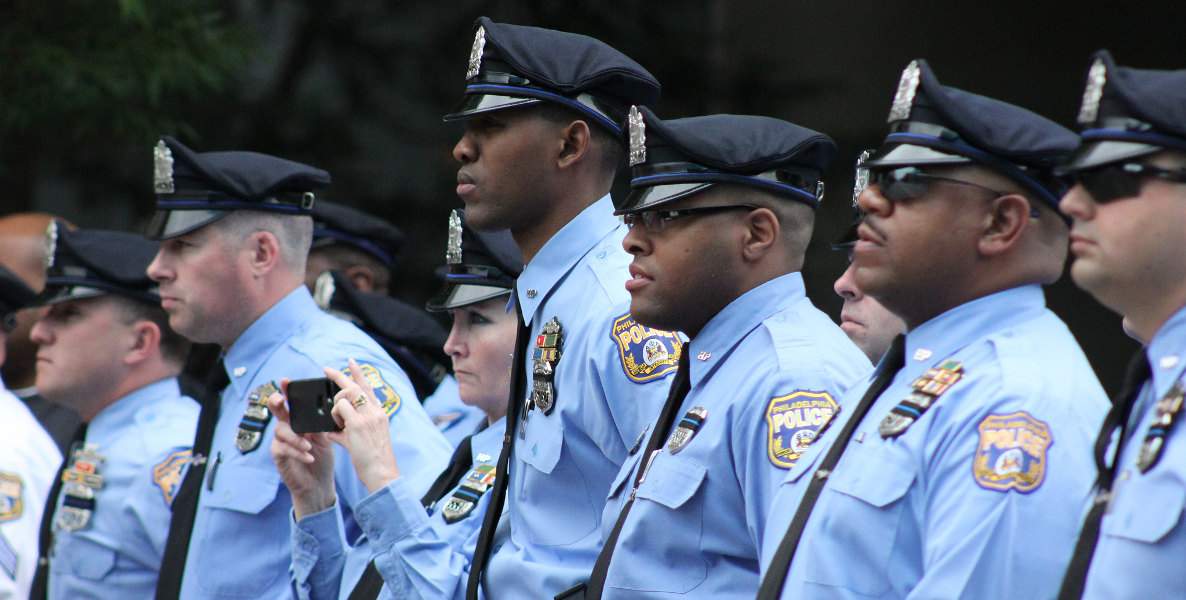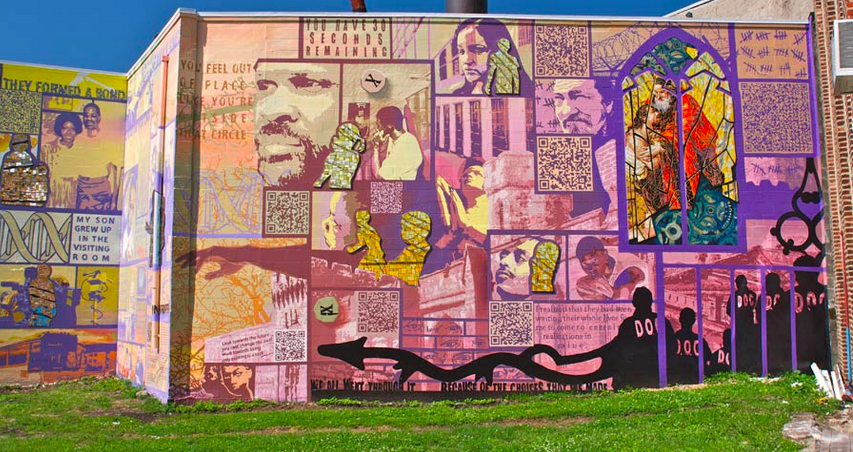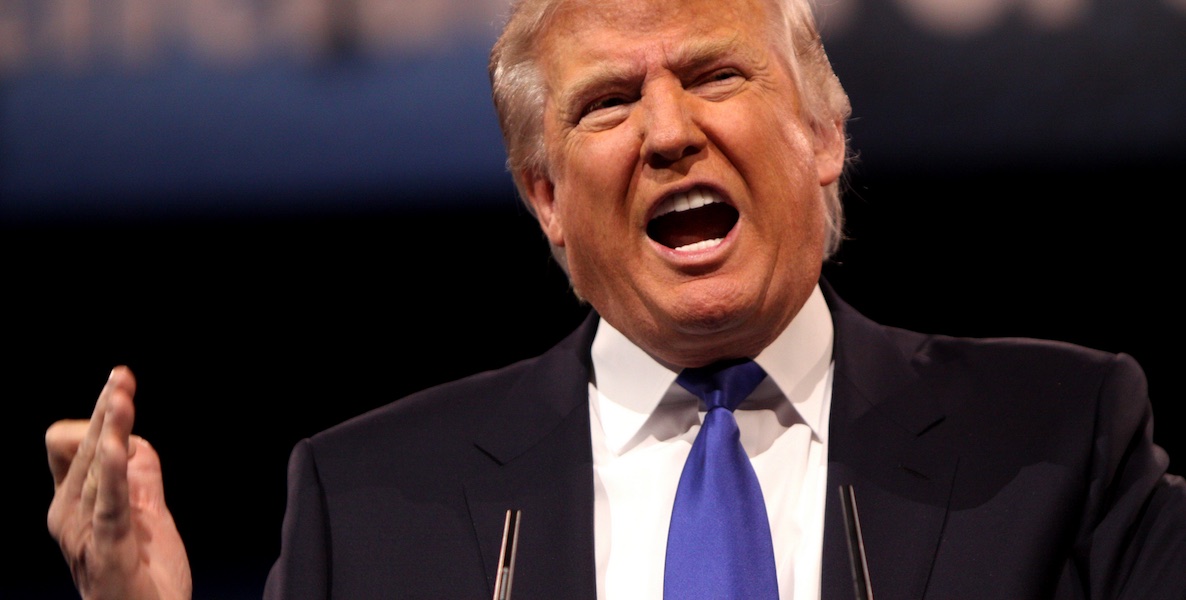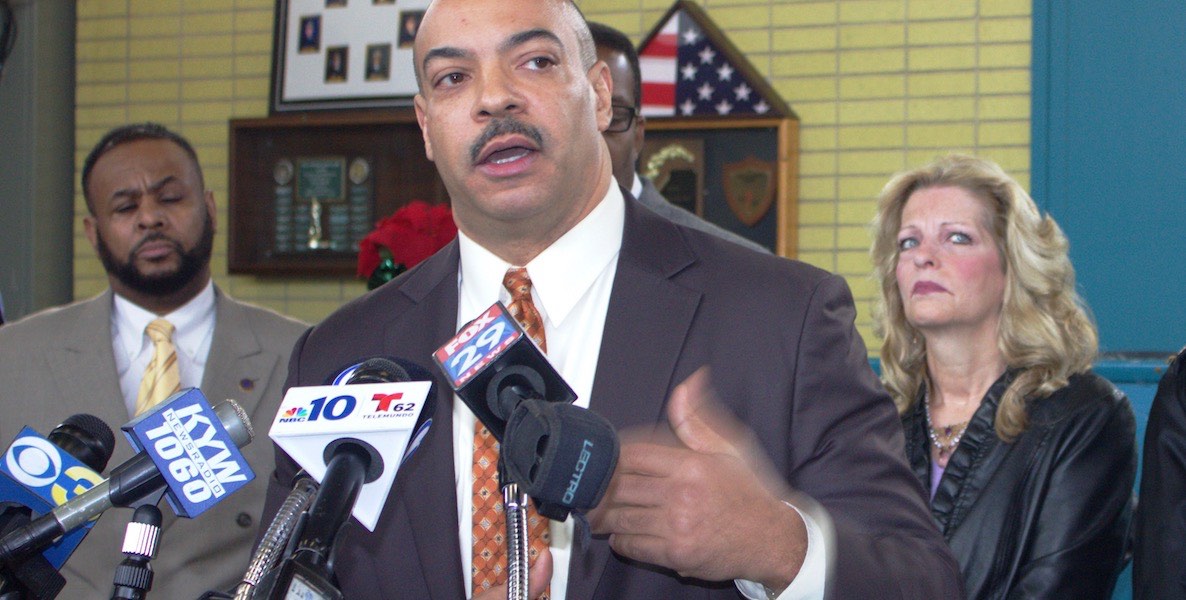There is a fundamental problem with prosecutors in this country, and the current drama unfolding around Philadelphia District Attorney Seth Williams is symptomatic of a larger issue.
The role of American prosecutors differs from much of the rest of the world, and it is undermining our criminal justice system.
The wagons are circling Williams, the city’s top prosecutor. Williams recently disclosed that he had received $160,050 in gifts between 2010 and 2015, and he faces investigations from the FBI, the IRS and a federal grand jury. The gifts, which include $45,000 in roof repairs, vacations and a gift from a judge, raise conflicts of interest at the very least. His nonprofit organization, The Second Chance Foundation, may be disbanded in light of subpoenas the charity received in relation to Williams’ political and personal finances.
This comes immediately after the conviction of former Pennsylvania Attorney General Kathleen Kane—the state’s top prosecutor—for felony perjury and the leak of grand jury testimony. Now the attention is focused on Williams.
Things were supposed to be different for the current D.A., who campaigned under the banner, “A New Day, A New D.A.” Williams vowed to shake up the criminal justice system by being “smart on crime,” downgrading penalties for possession of small amounts of marijuana, and stemming the tide of young black men being funneled into prison. Instead—perhaps because he drank his own Kool-Aid, or to curry favor with voters in Pennsyltucky for a possible bid for statewide office—he opposed Gov. Wolf’s death penalty moratorium. Williams retried Anthony Wright, an innocent man recently freed in a jury retrial after being sent to prison for a 1991 murder. And he challenged a federal judge’s order overturning the 1992 murder conviction of Jimmy Dennis. Calling Dennis’ death row conviction “a grave miscarriage of justice,” Judge Anita Brody cited the “scant evidence” used to convict him in the case, “shaky eyewitness identifications” and the prosecution’s withholding of exculpatory evidence in the case.
People power trip when they assume positions of power, developing swollen heads and inflated egos as they ascend the political ladder. As they say, absolute power corrupts absolutely, and people forget from whence they came. Part of the problem is that chief prosecutors on the state and county level are elected officials, political animals who are accountable only to the voters.
![]() Even U.S. Attorneys—federal prosecutors—are political appointees who work at the behest of the President, an elected official. The ouster at the polls in recent years of D.A.s in Chicago, St. Louis, Brooklyn, Cleveland, Jacksonville and elsewhere is proof that ineffective and abusive prosecutors can be held accountable. For example, Angela Corey, “America’s cruelest prosecutor”—the State Attorney in Florida who faced criticism for her handling of the George Zimmerman and Marissa Alexander cases, and for charging a 12-year-old boy as an adult for murder—was resoundingly defeated in the GOP primary. But before they are voted out of office—if they are—overzealous prosecutors can inflict real damage. The convicted are the notches in the belt of the prosecutor politician.
Even U.S. Attorneys—federal prosecutors—are political appointees who work at the behest of the President, an elected official. The ouster at the polls in recent years of D.A.s in Chicago, St. Louis, Brooklyn, Cleveland, Jacksonville and elsewhere is proof that ineffective and abusive prosecutors can be held accountable. For example, Angela Corey, “America’s cruelest prosecutor”—the State Attorney in Florida who faced criticism for her handling of the George Zimmerman and Marissa Alexander cases, and for charging a 12-year-old boy as an adult for murder—was resoundingly defeated in the GOP primary. But before they are voted out of office—if they are—overzealous prosecutors can inflict real damage. The convicted are the notches in the belt of the prosecutor politician.
The issue of prosecutorial corruption has even inserted itself into the presidential election. After the Trump Foundation donated $25,000 to the campaign committee of Florida Attorney General Pam Bondi in 2013, Bondi’s office decided not to join New York’s investigation into Trump University. The IRS fined Trump $2,500 for the illegal contribution. Similarly, in 2010, then-Texas Attorney General Greg Abbott, now the governor, dropped a proposed $5.4 million suit against Trump U after Trump delivered two checks totaling $35,000 to Abbott’s gubernatorial campaign.
The American prosecutor is a unique animal not found elsewhere in the world, in that he or she has nearly unfettered discretion in deciding which cases, people and crimes to pursue. Consider that the five deadliest prosecutors in the U.S. are responsible for one out of seven people sitting on death row. One of these, former Philadelphia D.A. Lynne Abraham, was responsible for 108 death sentences, which included two exonerations.
Prosecutors preside over what amounts to an adversarial system of justice, which includes a coercive and unilateral plea bargaining scheme, in which defense counsel is often inadequately funded and indigent defendants disproportionately of color are subjected to a “McJustice” system that values expediency over justice. Anywhere between 90 and 95 percent of cases are resolved through plea bargains.
According to the National Registry of Exonerations, which maintains a database of nearly 1,900 exonerations throughout the nation—70 from Pennsylvania, including 23 from Philly—official misconduct from prosecutors, police and others is the second most prevalent contributing factor in wrongful convictions (after false accusation). Further, according to the Death Penalty Information Center, 156 men and women have been released from death row in the U.S. due to innocence, including five from Pennsylvania.
“It is well documented that prosecutors have used capital punishment to promote themselves to higher office—just look at [former Philadephia] D.A. Ron Castille, who successfully ran for the Supreme Court by advertising the number of death sentences he had obtained,” said Marc Bookman, director of the Atlantic Center for Capital Representation, a nonprofit death penalty resource providing legal advocacy, education and training to combat the death penalty. “Across the country, the death penalty has gotten less and less popular, due to its incredible error rate, provable discrimination, and excessive cost. One would assume that a progressive northeastern city like Philadelphia would follow that trend, and it is dismaying that Seth Williams hasn’t.”
Let’s adopt a European civil law-style inquisitorial system, where the goal is truth seeking and the judge plays a more active role by asking the questions and determining the facts, and representing the interests of the state. Meanwhile, the prosecutor seeks the truth rather than merely a conviction and a notch in the belt.
What passes for justice in the U.S. would be unacceptable in other nations, as overzealous prosecutors are an engine driving mass incarceration. Fordham Law School Professor John Pfaff has been at the forefront of arguing that the actions of over aggressive local prosecutors have fueled incarceration rates since the early ‘90s.
So what can be done about our corrosive culture of prosecution? One solution to America’s criminal justice crisis is to appoint rather than elect D.A.s, whether through a ministry of justice, or by a legislature or the president as is done in much of Europe and Asia. After all, universal standards dictate that prosecutors should be “neutral or non-political in their decision making,” though this “should not blind reformers to the political nature of the processes within which a prosecution service—or for that matter a judiciary—operates.”
In the countries of the former Soviet Union, for example, where the Prokuratura operated with impunity, the powers of prosecutors have been significantly curtailed. And while prosecutors in the U.S. have their own investigators, countries such as England, Thailand and Indonesia separate the prosecutorial and investigative functions.
Further, England, France, Germany, Poland and the Netherlands divert low level offenders out of the criminal justice system through conditional disposals, in whi![]() ch prosecutors decline to prosecute in exchange for drug treatment, mediation between the offender and the victim or some other result.
ch prosecutors decline to prosecute in exchange for drug treatment, mediation between the offender and the victim or some other result.
Another is to adopt a European civil law-style inquisitorial system, where the goal is truth seeking and the judge plays a more active role by asking the questions and determining the facts, and representing the interests of the state. Meanwhile, the prosecutor seeks the truth rather than merely a conviction and a notch in the belt.
In continental European nations such as Austria and Germany, prosecutors are mandated by law to seek objectivity and fairness, and are kept in line by a system of guidelines that preclude some of the politically-motivated, vindictive and capricious rogue activities of some American D.A.s. In a purely adversarial system, winning is everything and acquittals are viewed as losses—particularly for elected American prosecutors who, in seeking reelection and campaign donations, hope to tout their conviction record. And when winning is a measure of their success, some break the law, plant or hide evidence, and frame the innocent in order to achieve that goal. But in continental Europe, where prosecutors are part of the civil service and undergo extensive ethical training as judicial professionals, the goal is not to pull political stunts or seek higher elected office.
Even when negotiated settlements occur in countries such as France and Germany, they do not assume the coercive tone of American-style plea bargaining, where defendants are threatened with harsher punishments if they refuse to take the deal. In Europe, each party presents evidence to the court, and settlements may take place between the defense and the court without the prosecution involved.
Yes, there needs to be greater transparency and consequences for prosecutorial misconduct. Few D.A.s or assistant D.A.s face punishment for wrongdoing. And, because many district attorneys fail to vigorously go after police abuse due to their incestuous relationship with law enforcement, independent and external prosecutors and investigations should be mandated in cases involving injuries or deaths in police custody or through the use of excessive police force. Moreover, civilian oversight over local, state and law enforcement would create accountability and build the public trust, while legislation curtailing the prosecution of juvenile crimes and misdemeanors and finding alternatives to criminalization would reduce mass incarceration. And states should adequately fund criminal defense, and abolish the death penalty–a major source of prosecutorial misconduct.
All these things would help, but it’s likely that, until we start having a real conversation about the role prosecutors play in our judicial system, there will be more headlines like the ones dogging Seth Williams now. Reforming the criminal justice system requires redefining the prosecutor’s role.
Header photo via Pixabay.


